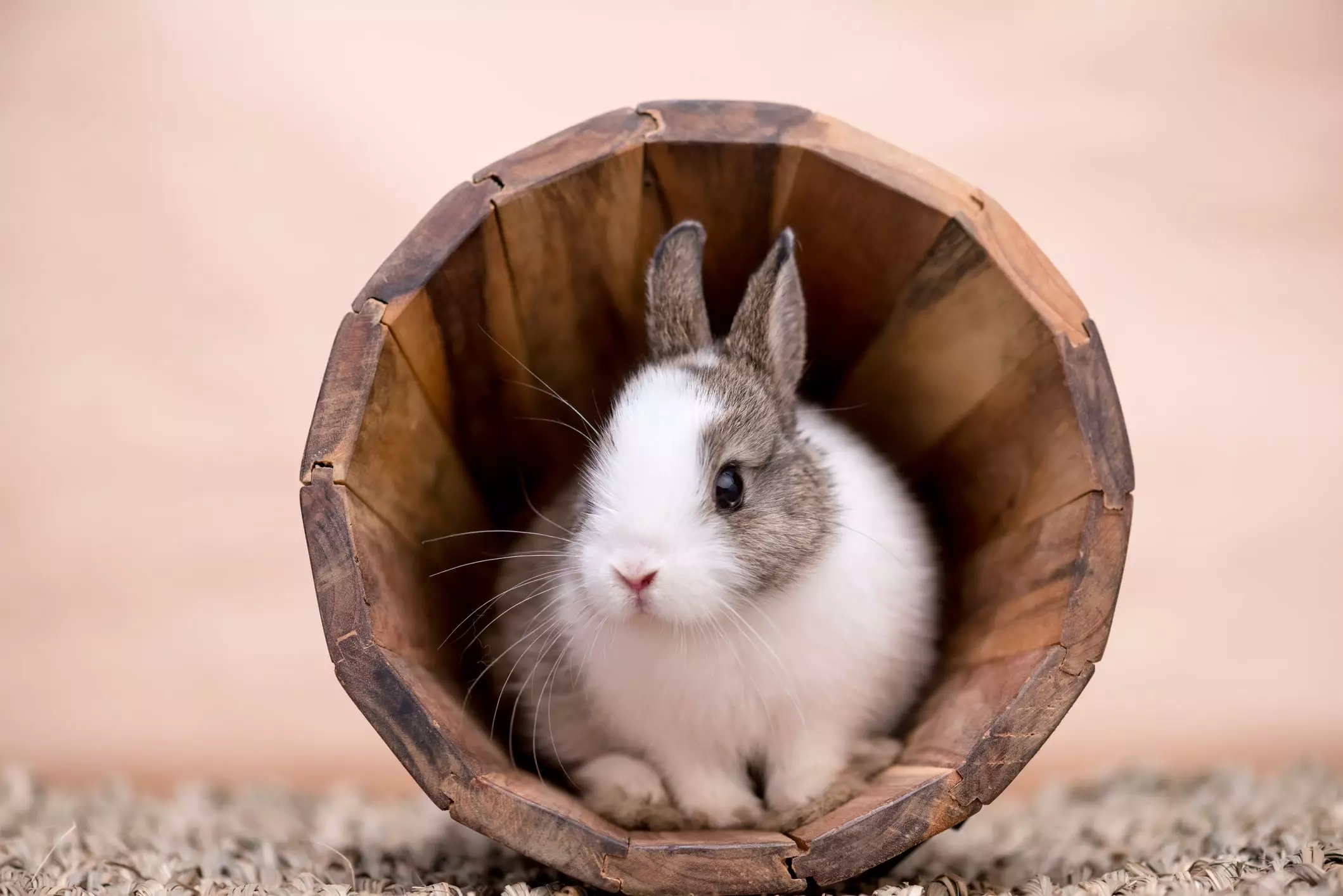Acquiring a pet rabbit is a significant decision that should not be taken lightly. Unlike many other small pets, rabbits boast surprisingly long lifespans, often living 8 to 12 years or even longer with proper care. This lengthy commitment requires pet owners to engage in thorough consideration of their lifestyle and readiness to accommodate the long-term needs of a rabbit. This article will explore essential aspects of rabbit care and the unique characteristics that make rabbits both wonderful and challenging companions.
When contemplating bringing a rabbit into your home, it’s imperative to recognize the lifetime commitment. Pet ownership is often romanticized, but with rabbits, this becomes especially poignant due to their extended lifespan compared to other small animals. Every decision—from daily care to emergency vet visits—must be made with the understanding that you are undertaking a long-term relationship. Pet owners need to appreciate that their furry companions will depend on them just as much in their later years as they do when they are young and sprightly.
Building Relationships: The Social Nature of Rabbits
Rabbits are inherently social animals. They often form deep connections with their human families but may also exhibit distinctive personalities and behaviors that require understanding and empathy. Socialization is key to a rabbit’s happiness; therefore, those considering adopting a rabbit should be prepared to engage actively with their pet. This includes recognizing that rabbits can exhibit quirky behaviors and have specific desires for companionship and stimulation, which can enhance the bond between pet and owner.
Health Checks: Spotting the Signs
Before deciding on a specific rabbit, it’s essential to conduct a visual and behavioral assessment to look for any signs of illness. Observing a rabbit in its habitat and noting its demeanor can facilitate an understanding of its overall health. Potential owners should be aware of common health issues in rabbits, and avoid adopting animals exhibiting signs of distress such as lethargy or disinterest. While it is not always possible to ascertain the health of a rabbit at first glance, taking time to learn about its behavioral indicators can prevent future heartaches.
Looking in the Right Places: Adoption and Rescue
If you are ready to make the leap into rabbit ownership, consider adopting from a local shelter or rescue organization. There are countless rabbits in need of loving homes, and choosing to adopt not only helps provide a second chance for these animals but can also enrich your experience as a pet owner. Shelters often have a range of different breeds and personalities, allowing you to find a rabbit that matches well with your lifestyle.
Finding the right home for your rabbit is equally critical. Choices such as a spacious cage or hutch must be carefully considered to ensure the well-being of your pet. A confined space should be inviting and accessible but also large enough to allow for movement and playfulness. Additionally, it is important to recognize that a rabbit needs ample exercise outside its cage to thrive. Establishing a safe play area within your home or yard is beneficial for both physical health and mental stimulation.
The Importance of a Balanced Diet
A rabbit’s diet is a fundamental aspect of its health and happiness. While high-quality rabbit pellets are an important component, they should never serve as the sole food source. Fresh grass hay plays a vital role, as do a variety of vegetables and greens. Understanding and creating a well-rounded diet will contribute significantly to your rabbit’s overall wellness and longevity. Researching nutritional needs is essential for any prospective rabbit owner.
Engagement and Enrichment: Keeping Your Rabbit Happy
Rabbits come with their own behaviors and preferences, making them delightful yet sometimes challenging companions. They thrive on mental stimulation, so providing an array of toys and opportunities for play is critical for their happiness. Furthermore, training a rabbit can be a rewarding experience, though it often requires patience. Educating yourself on rabbit body language and sounds will vastly enhance communication between you and your furry friend, leading to a happier coexistence.
Owning a pet rabbit can be a fulfilling experience filled with affection and joy. It requires considerable commitment, knowledge, and emotional investment. By understanding a rabbit’s unique needs and characteristics, potential owners can develop a thriving, nurturing relationship with their new pet. Every aspect—from health checks to habitat creation and diet planning—plays a crucial role in enjoying the wonderful companionship that rabbits uniquely offer.

